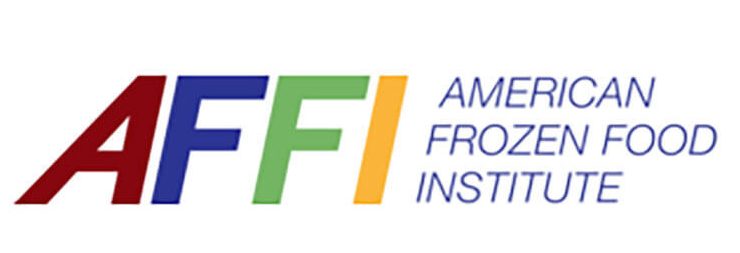Frozen foods sales came in at $66.4 billion the 52-week period ending on Dec. 26, 2021, a 1 percent increase compared to a year ago, according to IRI. Compared to the same time period to 2019, frozen food sales increased 23 percent.
Older millennials now make up the largest segment of frozen food customers at 48 percent, according to AFFI’s Power of Frozen in Retail 2021 report.
“A 94 percent surge in frozen foods came in mid-March 2020 for obvious pandemic-related reasons: convenience, shelf life, single-serving options and ease in preparation,” said Saffron Road Foods Founder and CEO Adnan Durrani.
“But what consumers new to frozen entrees discovered was the evolution of frozen foods, the abundance of better-for-you options and the plethora of innovation and ethnic flavors, equating to sustainable category growth,” he said.
While Indian and Asian flavors top the trends, Durrani also forecasts growth in ethnically authentic Mediterranean, South American, Peruvian and Vietnamese frozen cuisines. He said that natural, organic and high-quality ingredients are the future of frozen food.
Durrani adds that forward-looking retailers will opt for new frozen challenger brands offering diverse ethnic, premium and healthy options.
With online frozen sales up by 75 percent, current studies show that today’s frozen foods rival fresh. More than 50 percent of millennials report that frozen is equal to or better-for-you than fresh, offering healthier, clean-label options.
A recent Deloitte study showed that frozen category sales during 2020 pandemic shopping soared to a record 23 percent increase, 200 percent above fresh.
Offering convenience, a long shelf life, single-serving options and reduced food waste from unused ingredients, evolving shopping behaviors show that 57 percent of shoppers still purchase more frozen foods, 58 percent purchase different kinds of frozen foods and 57 percent are purchasing different brands than they did pre-pandemic.
“The COVID-19 pandemic has proved to be the great accelerator for frozen foods,” said AFFI President and CEO Alison Bodor.
“Frozen will remain a category heavyweight for months and years to come as the category continues to attract new and returning customers who are relying on a variety of frozen foods to satisfy evolving tastes, dietary needs and desires,” she said.
For more information, click here.
The American Frozen Food Institute is the member-driven national trade association representing all segments of the frozen food supply chain from manufacturers to suppliers and distributors. AFFI advocates before legislative and regulatory entities on the industry’s behalf, serves as the voice for the industry and convenes industry leadership to create an environment where frozen foods are essential in a dynamic marketplace.

